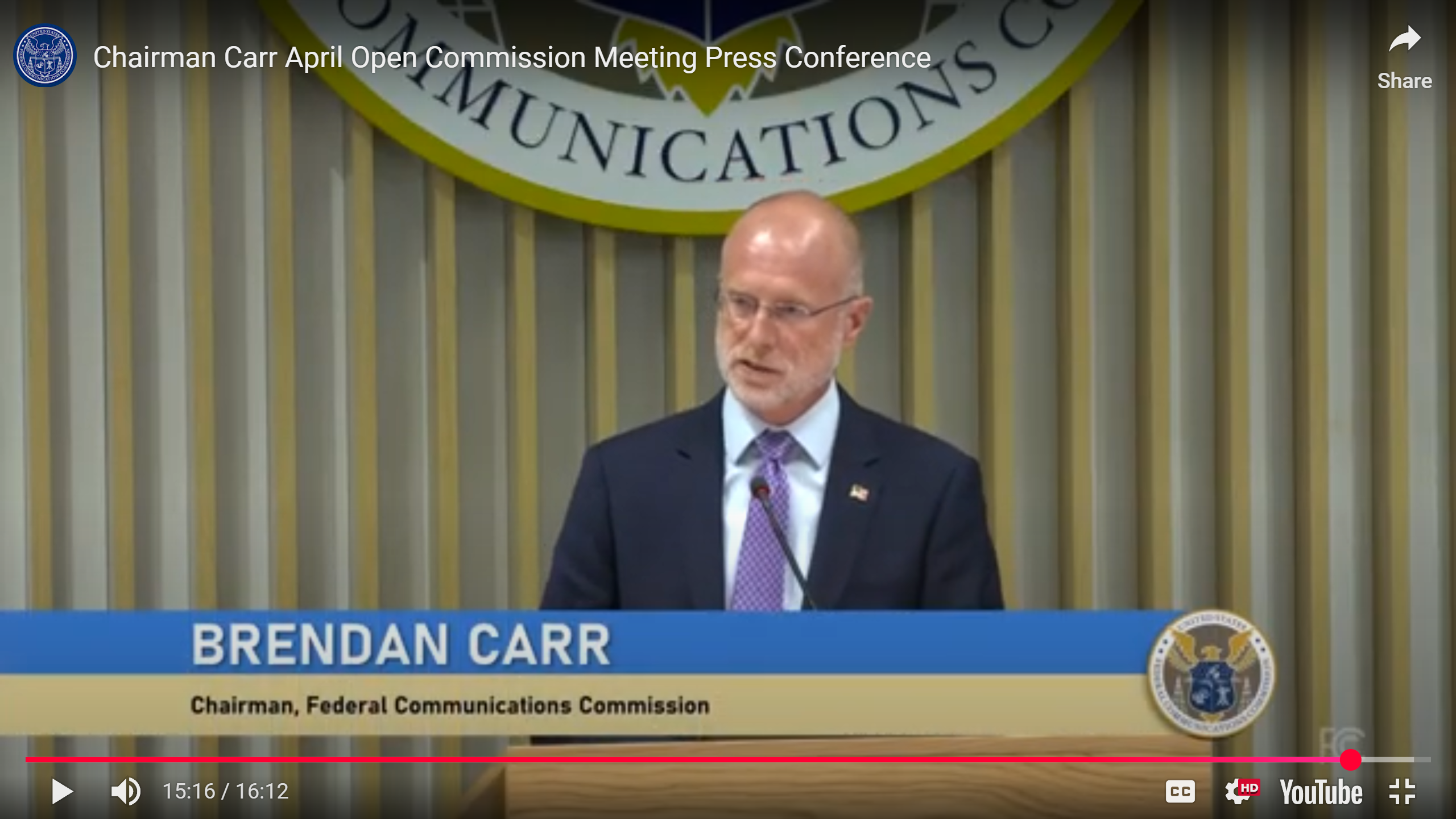LPTV Rulemaking on Tap
The professional video industry's #1 source for news, trends and product and tech information. Sign up below.
You are now subscribed
Your newsletter sign-up was successful
The FCC has placed the future of Low-Power and Class A television on the agenda for its Oct. 15 meeting, possibly facilitating a path for the stations to move up in status.
The Community Broadcasters Association, representing many Class A and LPTV broadcasters, welcomed the news.
"Many of these stations will welcome the opportunity to upgrade and will be anxious to upgrade both their legal status and community service," CBA said in a statement.
Moving from Class A to full-power status brings certain rights and obligations, namely "must-carry" privileges on local cable systems. Class A stations need not necessarily increase power to become full-power stations, because the two categories overlap in the levels of permissible power.
By moving from LPTV to Class A, stations would change from secondary users to primary users, bringing increased rights against interference from other users. In return for that status, Class A broadcasters, alone among TV stations, must broadcast three hours of local programming every week.
"The Class A and LPTV industry is ready to launch its digital transition, as full-power stations approach the completion of theirs," CBA said in its statement. "The chairman's proposal will go a long way toward helping our stations gain the financial footing they need to transition to digital and to continue to help the broadcasting industry diversify its ownership and programming."
The professional video industry's #1 source for news, trends and product and tech information. Sign up below.
